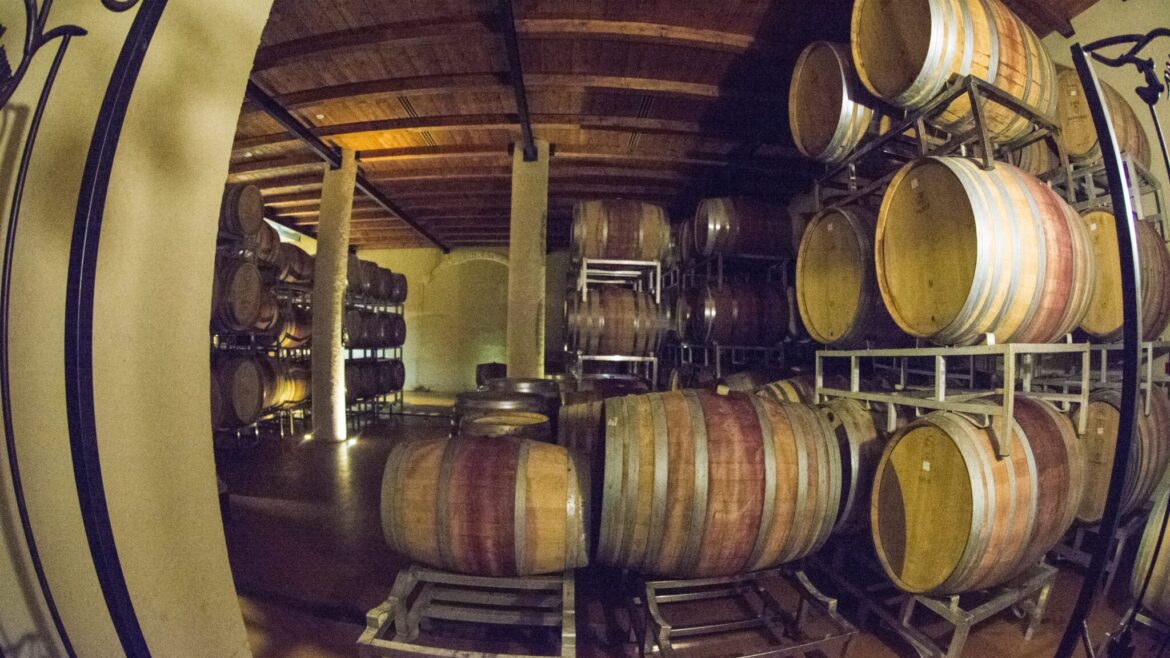The global movement to delegitimize the 74-year old State of Israel through boycotts, divestment and sanctions (BDS) neither slumbers nor sleeps. Labels on food products have become a favoured instrument for such economic warfare. On Thursday, two lawyers filed a complaint with the Canadian Food Inspection Agency over olive oils labelled “Product of Palestine,” which is inconsistent with country of origin labelling, and not held to the CFIA’s own standards, as applied to Israel.
A prior case dealt with wine. The wines of Psagot Winery, produced in a Jewish town in the West Bank a mile north of Jerusalem, carry the labels “Product of Israel.” This labelling was challenged at CFIA by an anti-Israel activist in 2020, who argued their label should say “Occupied Palestinian Territories” rather than “Israel.” The CFIA first agreed with the complainant, then almost immediately reversed its decision.
In May, after a saga of legal back-and-forth, the CFIA ruled that Psagot Winery can keep the “Product of Israel” label, so long as it adds clarifying information indicating that the wines are produced in a region administered by the State of Israel. Under the Oslo Accords, Israel has jurisdiction over the Jewish settlements, including where the wine was produced. Canadian law recognizes that jurisdiction. In the U.S., such products are simply labelled “Made in Israel.”
This contrasts sharply with a 2019 decision issued by the Court of Justice of the European Union, which banned “Made in Israel” labeling for any goods produced beyond Israel’s pre-1967 borders, including the Old City of Jerusalem.
Many critics have described the ruling as discriminatory and even antisemitic, given that there are over 200 ongoing territorial disputes in the world — from Crimea to Kashmir to Western Sahara — with no other administering countries are not constrained in this way. For example, wine from Nagorno-Karabakh is labelled in Europe as a “Product of Armenia,” the country that controls much of the region, even though it is regarded as occupied Azerbaijani territory. If a food product is exported from the Falkland Islands, a British Overseas Territory still known in Argentina as the Malvinas, it can still be labelled “Product of the UK.”
The U.S. State Department deemed the E.U.’s special labelling requirement for Jewish communities “suggestive of anti-Israel bias,” adding, “This requirement serves only to encourage, facilitate, and promote boycotts, divestments, and sanctions (BDS) against Israel.” Eugene Kontorovich, professor at George Mason University’s Antonin Scalia Law School and director of the Center for the Middle East and International Law, said the European court was “putting a new kind of yellow star on Jewish-made products.” Brooke Goldstein, Canadian-Israeli founder and executive director of the New York-based Lawfare Project, which funds legal actions to challenge anti-Semitism, said, “”The (European) Court’s decision is discriminatory on its face; goods produced by Jewish people and Muslim people in the same region will have different labels because of political decisions made by European officials. Mandating an ethnic and religious element to labelling products is a dangerous precedent.”
Twitter: BarbaraRKay





